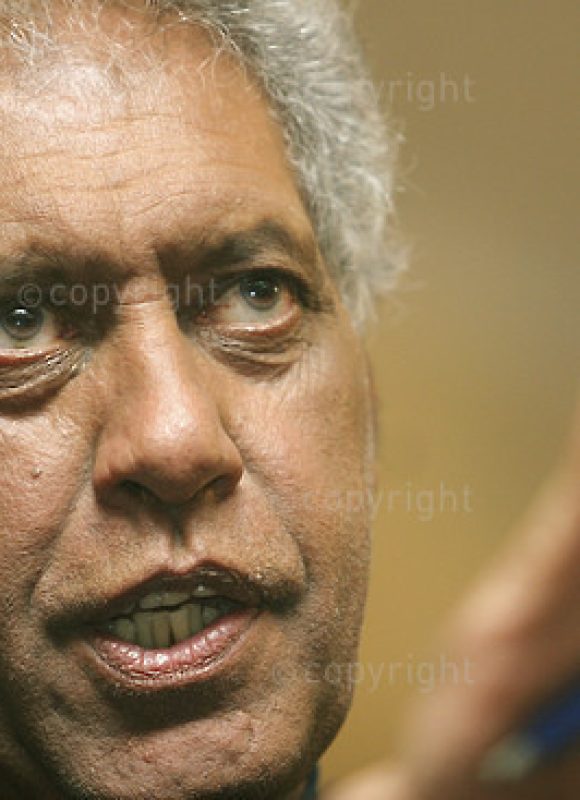PIONEER
Essop Goolam Pahad

Politician | Constitution drafter | Human rights activist
Born : 21 June 1939
“The constitution-making process has taught us that whatever our political differences and conflicts, we can work together for the common good - which is what is in the best interests of the people. It also taught us that we can find consensus on different issues. Currently, we are faced with poverty, inequality, underdevelopment and unemployment. There should be nothing to prevent us from finding common ground even on these challenges that we face as a nation ...”
Who is
Essop Goolam Pahad?
Anti-apartheid activist involved with the African National Congress (ANC) and the South African Communist Party (SACP), former Minister in the Presidency of Thabo Mbeki and a core member of the Constitutional Assembly in Theme Committee 1.
Professions
and Roles
Chairperson of the Board of Trustees of the South African Democracy Education Trust, founder of the monthly journal, The Thinker, politician, ANC and SACP member, involved in the drafting of the Constitution.
Best Known For
Serving as a Minister in the Presidency of Thabo Mbeki.
Life highlights
- Pahad became a member of the Transvaal Indian Youth Congress in 1958.
- Pahad was arrested for organising an illegal strike in 1962, following the banning of the ANC. He was banned for five years in 1964 and went into exile, where he became more actively involved with the ANC and the SACP.
- Pahad represented the SACP on the editorial council for the World Marxist Review.
- He served as the Parliamentary Counsellor to then Deputy President Thabo Mbeki after the 1994 democratic elections.
- Pahad was appointed as Minister in the Presidency after the 1999 general elections. He submitted his resignation as Minister following the resignation of Mbeki in 2008.
- Pahad served on the National Executive Committee (NEC) of the ANC.
- Pahad was part of the Executive Committee of the Board of the SA 2010 FIFA World Cup Local Organising Committee.
IN THEIR OWN WORDS
“I regarded my selection as a member of the Constitutional Assembly as a privilege, and an opportunity to participate in something that we saw as a critical step towards creating a non-racial, non-sexist, democratic and prosperous South Africa … Although we [the political parties in the Constitutional Assembly] came from different political viewpoints and ideological positions, there was a common understanding that in the Constitutional Assembly we needed to find one another and that, if necessary, we needed to make some of the compromises that would enable us to achieve consensus.”
– Essop Pahad
Pahad holds a PhD in History from the University of Sussex. His thesis is entitled, ‘The development of Indian political movements in South Africa 1924-1946′.
References
Parliament of the Republic of South Africa (2018) Theme Committee Book Series 1-6
